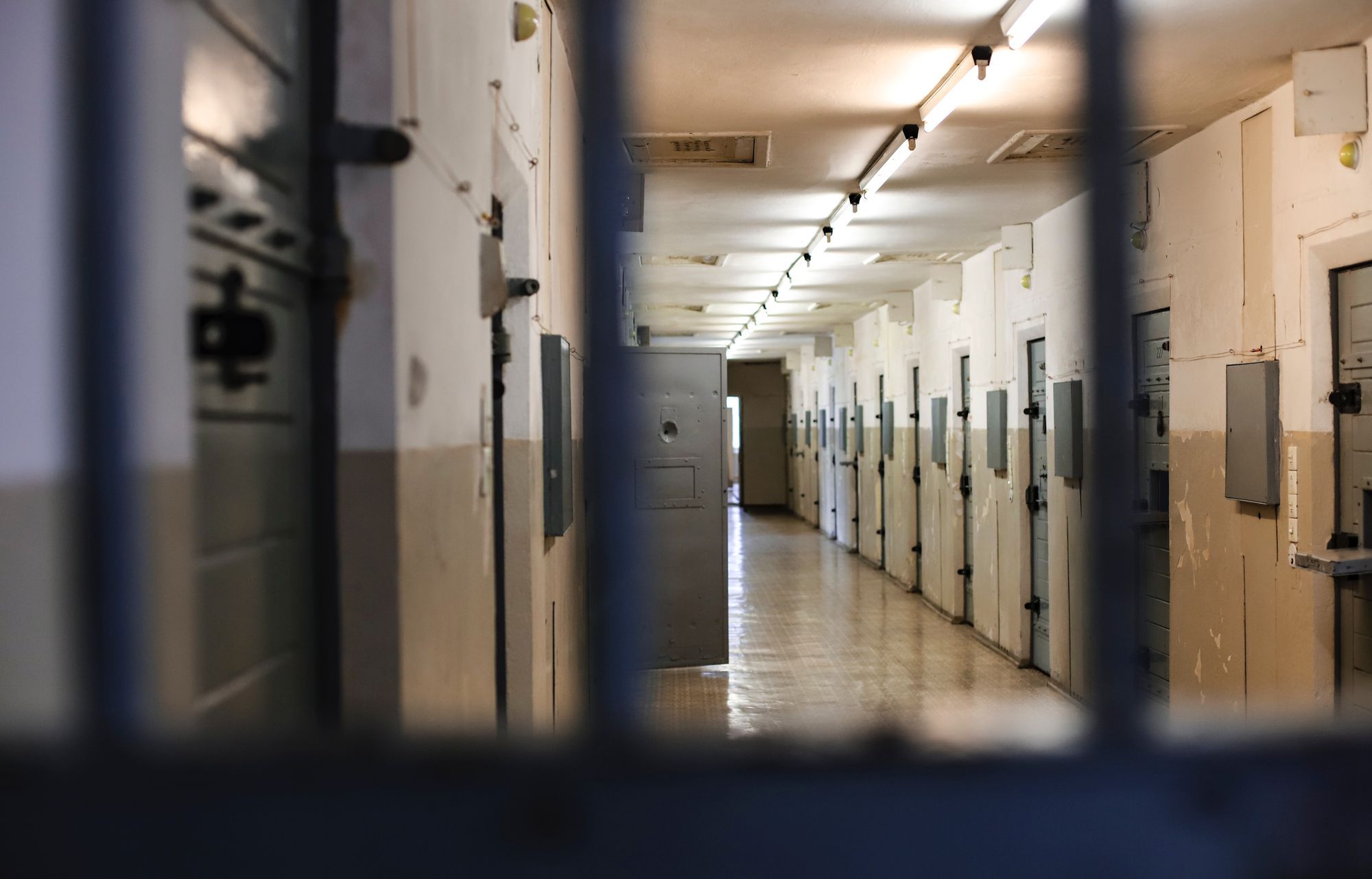Today there are more than 2.2 million people in prison in the United States, more than in China, Russia, or in any other country in the world. That means that the incarceration rate is much higher in the U.S. than anywhere else. At 698 per 100,000 people, the rate is more than 5 times higher than our closest NATO allies.
Do we really need to lock so many people up? Who benefits from so many in prison?
In the last four decades, criminal laws that emphasize prison over probation or parole, starting with the so-called war on drugs, have resulted in a massive increase in the prison population. This trend disproportionately impacts persons of color and the poor while doing little to improve public safety.
But the cost to the public has been profound. The cost of federal and state prisons is estimated at $80 billion per year. As part of the rapid increase in prison populations, private prison companies have gone from almost nonexistent to reaping huge profits at the taxpayer’s expense. Private prisons are now a $5 billion industry with top executives receiving millions in compensation.
Private prison companies use strong-arm tactics and heavy lobbying to maintain their hold on the prison industry. With contracts that have minimum occupancy requirements, these companies incentivize sending people to prison to satisfy a contract instead of in response to crime.
In 2017, CoreCivic, the largest private prison company in the U.S., threatened to close its prison in Estancia, New Mexico and lay off more than 200 workers if more prisoner beds weren’t filled. Last year, in spite of an effort to reduce the use of private prisons in Montana, CoreCivic convinced the state to extend their contract for a prison in Shelby, Montana, citing potential job losses and a promise to return $34 million to the state budget.
Conditions of violence, understaffing, and other human rights violations are much worse in private prisons. The ACLU continues to record staff misconduct and prisoner abuses by CoreCivic, yet the company continues to grow its business across the country. Other private prison companies like The GEO Group have similar track records. In fact, problems with private prisons were bad enough that a government Inspector General report in August 2016 prompted then Attorney General Sally Yates to begin phasing out private prisons for federal inmates. This order, however, was overturned by Jeff Sessions soon after Trump took office.
More recently, private prison companies have been profiting on the dramatic increase in detaining immigrants under the Trump administration’s policies. The rapid increase in housing immigrant detainees has been a boon for private prison companies. And as we have seen in recent news, conditions in immigrant detainee facilities are often inhumane for people who have not been charged with any crime.
Prisoners and their families also suffer from the profit motive behind incarceration. Even for detainees who have yet to be convicted of a crime, private companies have arranged to gouge those caught up in the criminal justice system. Phone calls often cost a dollar a minute for families to talk to prisoners. Digital services like emails cost fifty cents to a dollar each. Substandard video teleconferencing is being sold in place of in person visits. Prisoners often have to buy essentials like toilet paper and soap at the prison commissary at prices that are higher than market rate. The profit motive for these services skews priorities and makes our prison system worse for both inmates and society.
Young people are also a part of our growing prison population. Nearly 60,000 people under age 18 are behind bars on any given day in the U.S. Poor behaviors that used to be handled by school administrators are now often turned over to police with long-lasting effects. Youth who are imprisoned are cut off from their families, limited in their education, and often subjected to trauma and violence that far exceeds the nature of their misbehavior. This trend only adds to the cost of our prison system and shifts too much of the responsibility for our children to a criminal justice system that will not prepare them to be productive members of our society.
Reducing the cost and overuse of the prison system will require reforms in sentencing guidelines, improvements in prison management and oversight, and updates to criminal law. Certainly, prison is an important part of a criminal justice system. Some criminals, especially those who are violent, must be separated from society. But, in many cases, there are other ways to punish and rehabilitate that are more efficient and effective. Pre-trial detention isn’t always necessary. Minor crimes, including many drug offenses, don’t always warrant the cost of sending someone to prison.
A comprehensive approach to prison reform is needed. Reducing the profit motive in something that should be a government function is a good place to start. The money spent for private prison companies and incarcerating so many people who shouldn’t be behind bars would be much better spent on education, health care, infrastructure, or any number of things that will benefit society more than locking people up.
Data sources: Although multiple news and sources were used as background for this column, all data cited can be found at aclu.org and prisonpolicy.org.
Photo by Matthew Ansley


